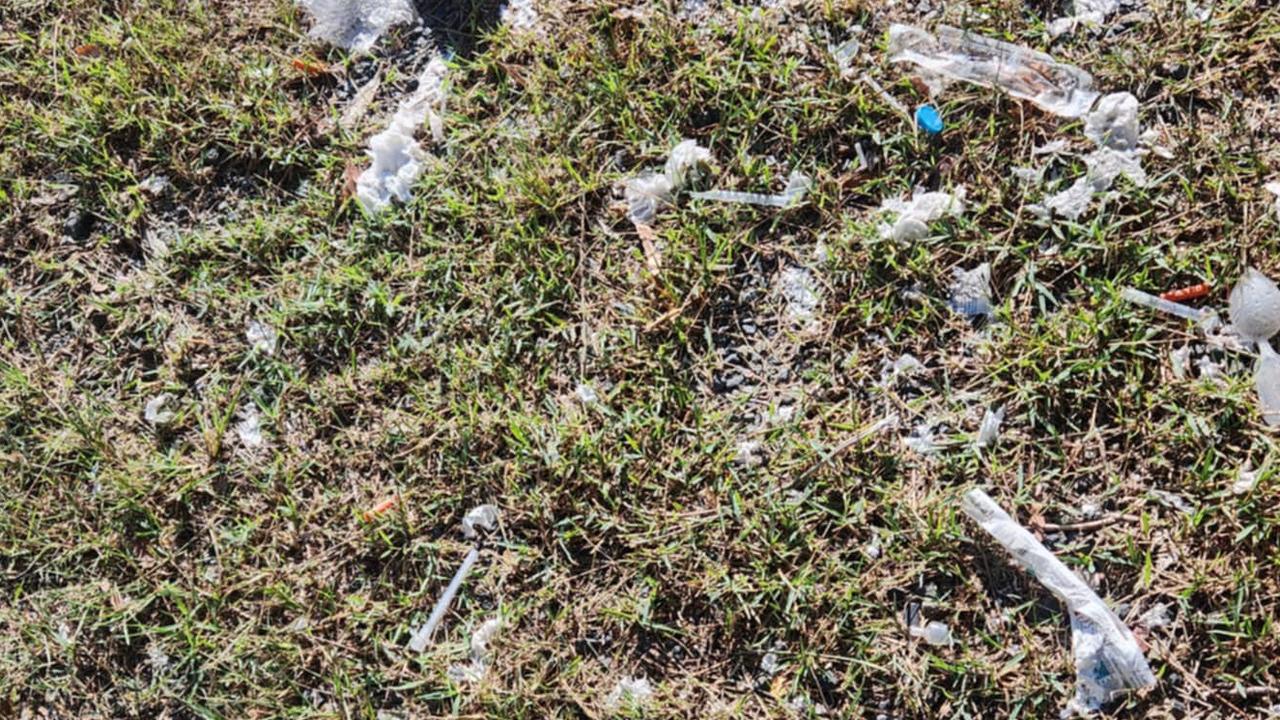Babies, mums and dads: Inside a western Sydney drug rehabilitation centre
Ahead of the NSW Drug Summit, Carmel Tebbutt — a NSW minister during the first Drug Summit in 1999 and now CEO of Odyssey House — says the heroin crisis may have passed but synthetic opioids and methamphetamine pose “new challenges”.
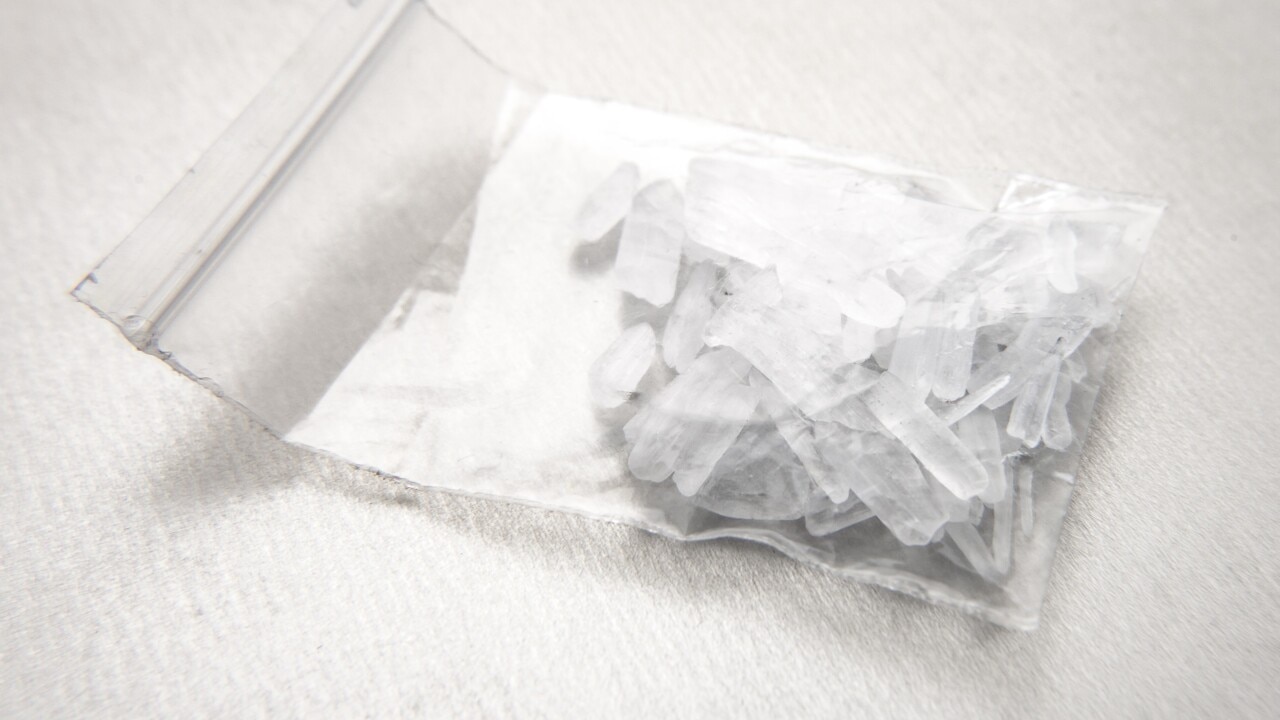
NSW
Don't miss out on the headlines from NSW. Followed categories will be added to My News.
Former Labor minister Carmel Tebbutt says while the heroin crisis of the 1990s may have passed, new synthetic opioids such as nitazenes and the increasing harm caused by methamphetamine use posed “new challenges”.
Ms Tebbutt, who is now the CEO of Odyssey House, was a minister in the Carr government when the state’s first drug summit was held in 1999.
The five-day summit occurred during a time when Sydney’s streets were awash with heroin, with police and health workers responding to what was then the highest number of drug overdoses in Australia.
Among the measures introduced was the Uniting Medically Supervised Injecting Centre trial, where people needing to take drugs could do so under the supervision of support staff.
When Ms Tebbutt was health minister, she moved to end the trial to establish the service as a permanent fixture.
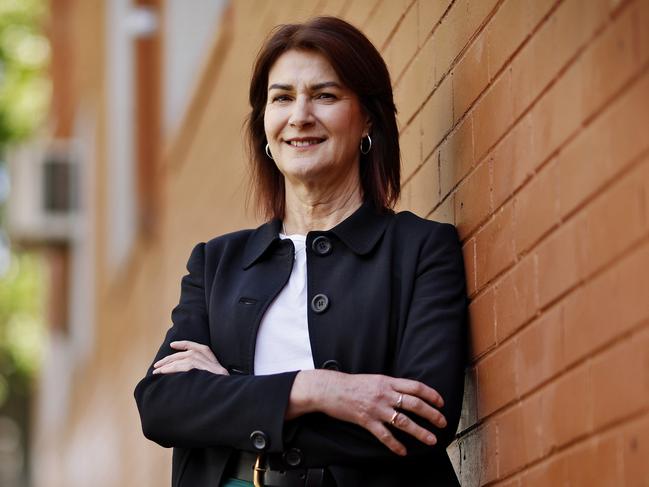
Speaking to The Saturday Telegraph ahead of the upcoming NSW Drug Summit, Ms Tebbutt said that the original summit resulted in “significant reforms and programs”, including changing the support service network.
The subsequent ice inquiry had led to $500m being invested in further measures.
However, Ms Tebbutt said that Australia could “do better”.
“We understand much better the impact of the early years on a child’s life and the social determinants of health on a person’s drug and alcohol use, but we now face new challenges,” she said.
“There is the cost-of-living challenge, but also the emergence of new drugs, synthetics such as nitazene.
“We’ve seen the fentanyl crisis in the US, which thankfully has not hit Australia, but it is very, very concerning.
“We need to treat addiction as a health issue, we need more support services and we need to do much better at being able to intervene at critical points in a person’s life where we can make a difference.
“When I hear the stories of our clients I am struck by how many opportunities there were for things to be done a little bit differently and what improvements that might have made.”
These included a “more flexible” school system to respond to children who might be struggling.
“Most of our clients have had bad experiences at school,” Ms Tebbutt said.
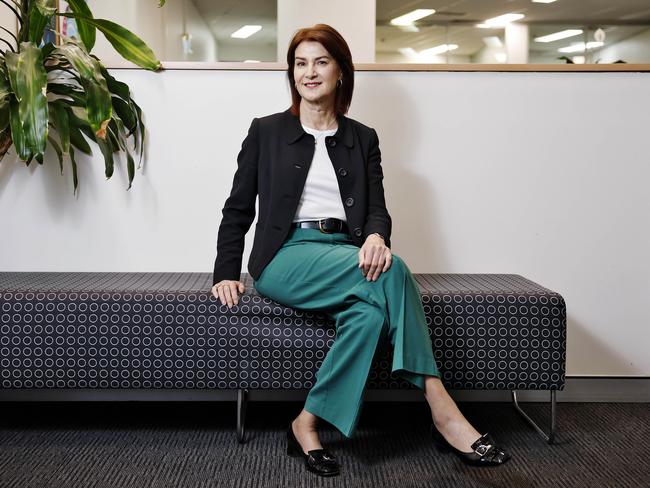
The same goes for employers, she said. For every employer that was supportive, there was one that had not been.
“There are so many opportunities where someone could step in and make a positive intervention, but often doesn’t,” she said.
Ms Tebbutt, who joined Odyssey House after a long stint as the CEO of the Mental Health Co-ordinating Council, said that she visited the residents undergoing rehabilitation at the Eagle Vale residential facility every second Friday.
“I do spend most Fridays at Eagle Vale. I attend a general meeting there,” she said.
“Odyssey House staff do a hard job so I like to spend time with them, and the residents.”
Ms Tebbutt has been appointed co-chair of the NSW Drug Summit along with former Liberal leader John Brogden.
‘I never want to be that person again’
Leah was a 15 when she started using illegal drugs.
Like some teenagers, it started with “weed”. However, she would soon turn to ice. Before long, she had quit school – and left home – to live on the streets, or couches of people she met, and stealing to fund her habit.
Some nights she slept under a park bench. Once, she managed to crawl into a cardboard box behind a local fruit shop to shelter from the rain. Another time, she managed to break into a shop and steal a tent. It was only time before she would find herself in prison.
Now 24, Leah looks like any well-groomed young woman with no sign of the addiction that ravaged her body.
With plans to study architecture, she attributes her transformation to the almost year-long Odyssey House rehabilitation program that she signed herself up for after her second stint in jail.
A residential program based in Campbelltown in southwestern Sydney, participants live on the premises as they take part in what some described as a “tough” nine-month course followed by a four-month “re-entry” program.
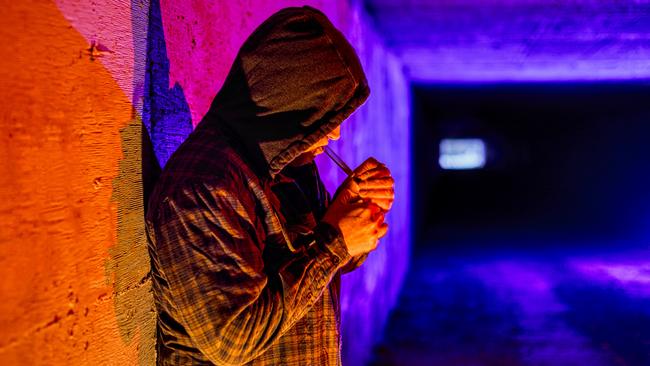
Parents take part in a year-long program, with children living with them on-site and attending the local schools.
Leah – who requested her real name not be used – said she decided to change her life while in prison.
“I was in foster care,” she said. “My real mum was in jail. My dad was struggling with addictions. I was struggling with a lot of things. I started using at 15. I ended up in a lot of bad relationships, and then I went to jail at 21. After the second time, I just wanted to do something different.”
Leah had anticipated “an institution” or a “hospital” setting – instead she was given furnished living quarters that resemble the inside of an ordinary family home.
In the family quarters, there are cots and shelves stacked with toys and books for older children.
The first sign that this is not an ordinary home is the stencilled murals on the walls, which feature messages such as “self-regulation – how we manage our emotions” and “tolerance – recognising what is different”.
Residents entering the program also do not have access to their phones and are kept busy with courses and chores soon after the mandatory 6.30am wake-up.
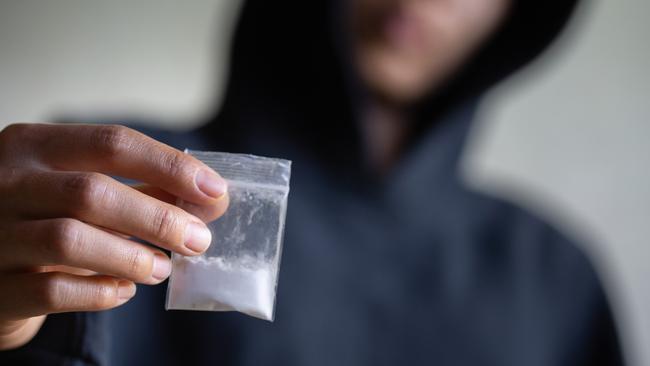
During our visit, there are English and computing classes being taught while a group of woman prepare to take part in a Personal Development, Health and Physical Education class.
Some mothers – like one woman undergoing the residential program today – have their babies while undergoing the rehab, with eight cottages catering for parents with children up to the age to 12, including newborns. Today, there are nine children here.
Odyssey House – which takes a cut of client Centrelink payments to fund its programs – also offers the only residential program able to be attended by dads.
It was during the Covid lockdowns when Amy, 48, started drinking wine to ease the boredom.
Having lost her job during the pandemic, she moved back to her childhood home in regional NSW.
One bottle a night turned to many, and, before long, Amy – who also requested her real name not be used – was “wiping myself out” every Sunday.

After trying AA, Amy said she wanted something “a bit tougher” and found Odyssey House while researching rehab programs, making the call in January.
Determine to get off the grog, Amy put herself through “detox” before entering the program by not having a drink three weeks beforehand.
Others undertake the Odyssey House drug and alcohol withdrawal program before entering rehab with alcohol and meth the biggest drugs in use.
“I came from a family of binge drinkers. I fell into the trap of ‘You can’t beat them, join them’. And then on Sundays, I would wipe myself out. I never want to be that person again,” she said.
While the structured routines are often a shock for residents, no-one is compelled to stay, although by the time they arrive most have had enough of living a life around their addiction.
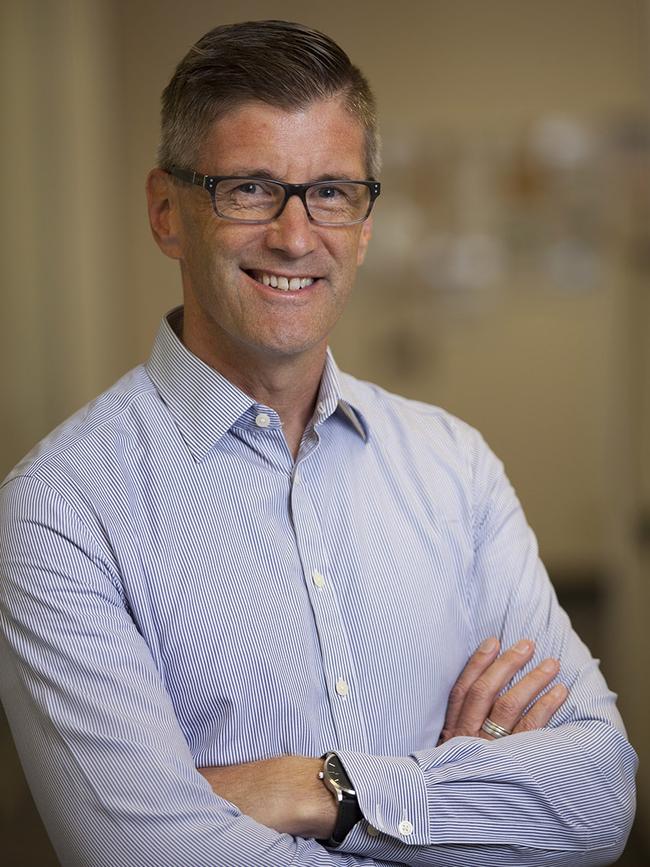
Odyssey House program executive director David Kelly said methamphetamine – or ice – remained the primary drug of concern.
He said it was not unusual for some participants to return after a relapse, and believes more could be done to support those re-entering society.
Sydney’s housing crisis has been devastating for Odyssey residents who struggled to find affordable accommodation after leaving, placing them at risk from heading back to the people – or streets – where their problems had begun.
“We have six families here at the moment,” Mr Kelly said.
“One woman and her baby who was born while she was here have been waiting for 16 months to find housing. She has completed the program and it is the last step for her to get her other two children back into her care.”
As part of the “re-entry” to society program, residents have access to two transitional homes, but these are just temporary accommodation.
Asked what he hoped the NSW Drug Summit – which begins on November 1 – would achieve, Mr Kelly said more support for existing services.
“At a place like Odyssey, we see some of the more complex people. But we are not resourced to do all the things we are expected to do,” he said.
“All the guys expect us to find housing, but we not resourced to do that.”
Do you have a story for The Telegraph? Message 0481 056 618 or email tips@dailytelegraph.com.au
More Coverage
Originally published as Babies, mums and dads: Inside a western Sydney drug rehabilitation centre




